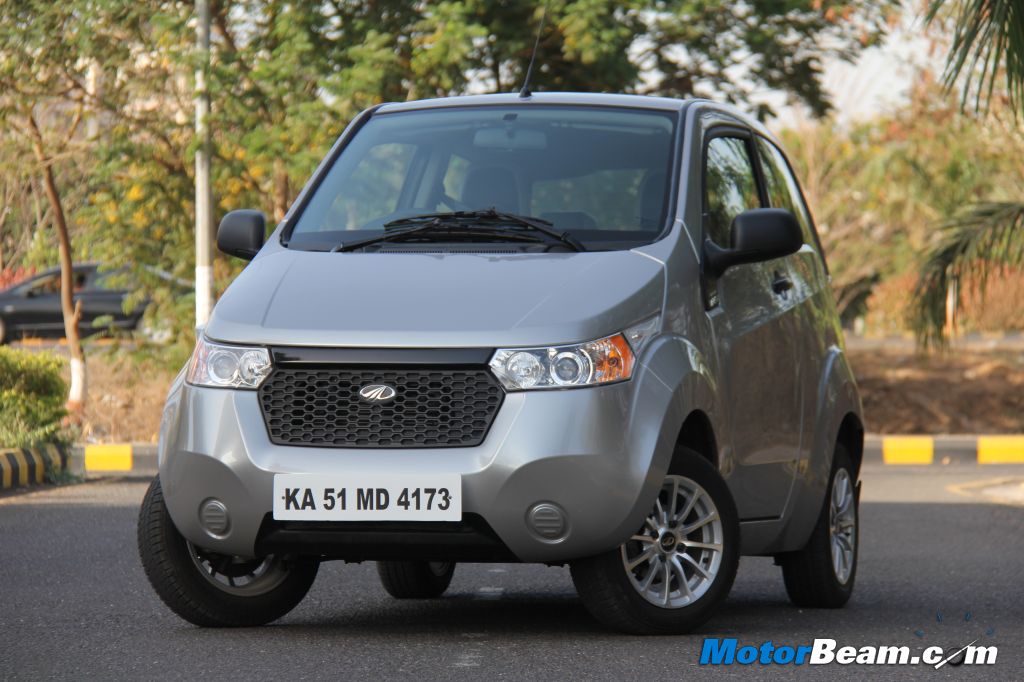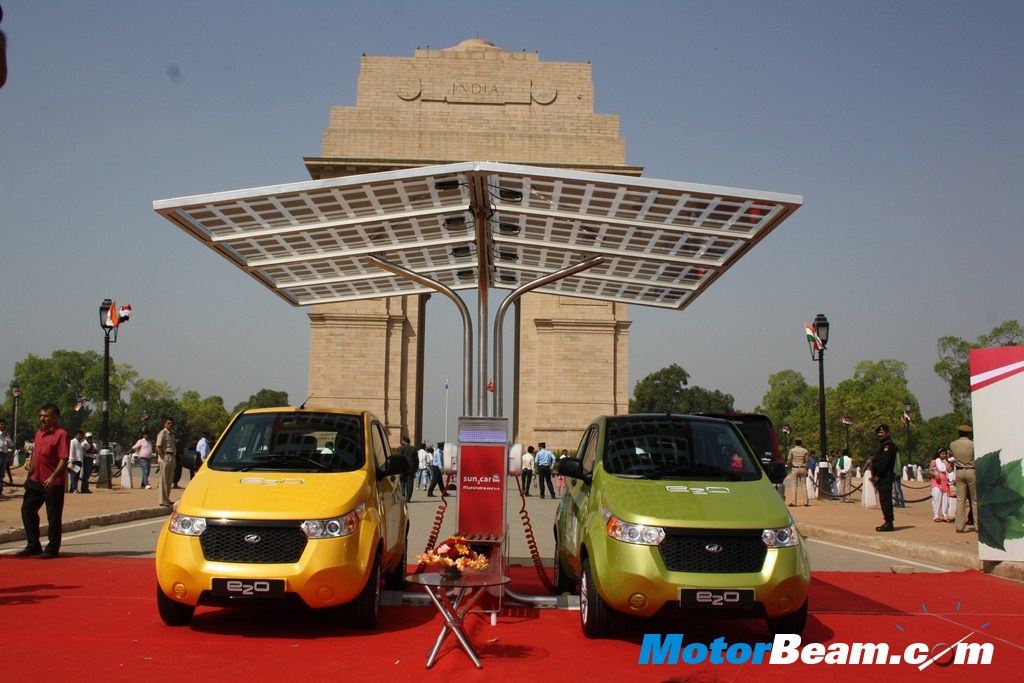Mahindra which manufactures the electric vehicle e2o is looking at the viability of global sales of this EV since the government has ceased providing subsidy since March 2012. The domestic sales of EVs in India have failed to make any considerable impact. Moreover, the company has received positive response from other automotive markets to introduce EVs in their countries and Mahindra seems to be seriously contemplating the same.
Mahindra is developing a new product which would be potentially suitable for the European markets, especially for the UK and Norway and this product is anticipated to be ready by the first quarter of next fiscal. Mahindra showcased the Verito electric, the electric versions of small trucks Gio and Maxximo at the 2012 Auto Expo. The current EV on sale, e2o which was launched in spite of the government ceasing subsidy at a hefty price tag of Rs. 7 lakhs has managed to sell only 400 units failing to make any considerable financial impact for the automaker.
The company initially expected to sell 400-500 units a month adding up to a production capacity of 30,000 units annually at Reva’s plant near Bangalore. But sales of e2o failed to pick up for Mahindra citing factors like higher pricing, inadequate funding for Research and Development (R&D), sparse number of charging points and lack of customer incentives.
Mahindra claims that the electric Gio and Maxximo small trucks would be ready for launch by the end of the current financial year and the electric Verito will be ready for launch latest by June 2014. But if subsidy is not provided by the government, these launches might never happen leaving the e2o to be the sole EV offering by the automaker. It is unfortunate that the lack of provision of subsidy by the government would most likely jeopardize Mahindra’s ambitious plan of putting 6-7 million electric/hybrid vehicles on the Indian roads by 2020.
Currently Mahindra sells limited numbers of e2o in Nepal and plans to enter Sri Lanka too. We hope that India doesn’t lose out on the highly potential EV space due to lack of government subsidies and anticipate green technology to gain a wider reach across the country.
Source – Autocar Pro






